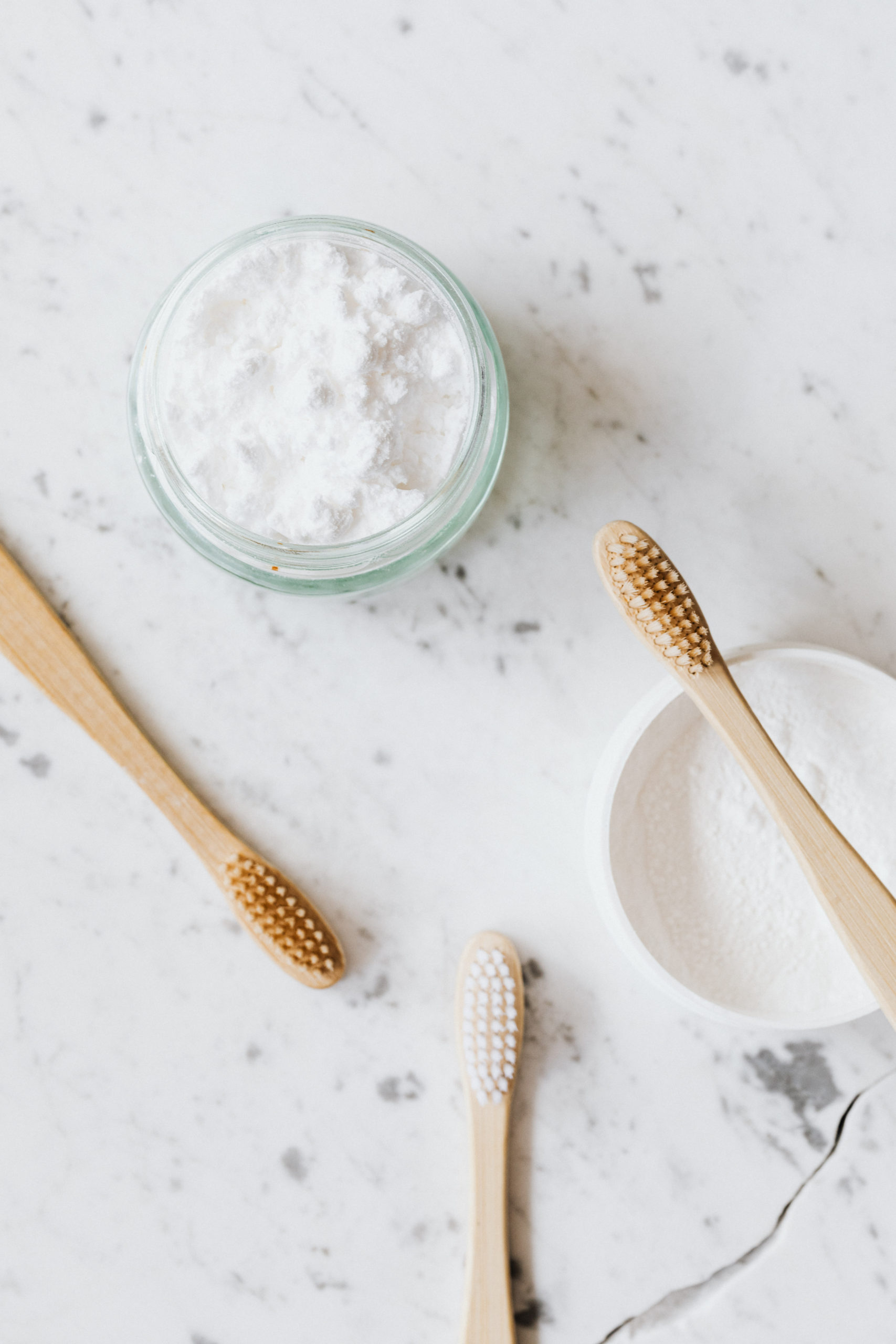
Food and Drink to Avoid After Whitening Your Teeth*
Teeth whitening is a safe, non-invasive, and affordable way to improve your appearance and boost your self-esteem. Although there are plenty of cosmetic dental procedures out there that can improve the straightness of your teeth, whitening your teeth is sometimes all it might take to enhance your smile.
However, not everyone understands that if you want to prolong the results of your teeth whitening treatment, then it is important that you pay close attention to your diet. With this in mind, let us first discuss the most common teeth whitening treatments before then suggesting types of food and drink to avoid both during and after the whitening process.

A Brief Overview of Teeth Whitening Treatments
Teeth whitening is a surprisingly simple process. Put simply, whitening products contain one of two types of bleach that are suitable for use on teeth. Hydrogen peroxide and carbamide peroxide break stains into smaller pieces, making the colour of any stains less concentrated and brightening your teeth. Nonetheless, not all whitening treatments are suitable for everyone. Talking to your dentist for professional guidance is therefore vital. For instance, whereas teeth that have yellowed should whiten easily, brown teeth might be more resistant to whitening products.
Generally, there are 4 options for whitening your teeth. Firstly, there are stain removal toothpastes and mouthwashes that can remove surface stains. Secondly, dentists can offer in-office bleaching techniques using whitening gels. Thirdly, your dentist might be able to provide a custom-made tray for at-home whitening using a bleach solution. Finally, there are over-the-counter bleaching products such as Crest whitening strips. You can learn more about these OTC whitening products and find the answers to questions like: “do crest white strips work on yellow teeth?” by checking out the resources on the Euro White website.
Dark-Coloured Food
As a general rule, if a type of food is likely to stain white linen, there is a very good chance that it will stain your teeth. During the whitening period, your teeth are particularly vulnerable to becoming marked and therefore it is crucial that you limit your intake of dark-coloured foods. Chocolate, blueberries, and beetroots should all be avoided, as should dark-coloured soups or sauces. Throughout the early stages of your whitening journey, your diet should incorporate mostly white and beige foods.
Similarly, although it is still important to eat plenty of fruits and vegetables to maintain a healthy and balanced diet, there are some types that should be cut out when whitening your smile. Carrots, spinach, beans, and broccoli are all highly pigmented and so need to be eaten with caution. Instead, eat plenty of cauliflower, and always peel the skin from any apples, cucumbers, or pears to enjoy their lightly coloured flesh. Additionally, if you have a sweet tooth and cannot be parted from chocolate, you might want to give white chocolate a try.
Acidic Beverages
When whitening your teeth, it is common to experience temporary tooth sensitivity and gum irritation. Consequently, any cold or acidic drinks can further irritate your gums and increase sensitivity. Typically, acidic beverages should be avoided for at least 48 hours following a professional bleaching treatment and for at least 2 hours after using OTC home whitening products. In terms of specific drinks to avoid, try to cut out coffee, red wine, soft drinks, tea, and fruits juices such as cranberry, grape, orange, and tomato.
Fruit juices are usually low in pH and therefore consuming these beverages can increase the acidity of the saliva in your mouth and damage areas of your teeth that have been temporarily exposed or weakened by whitening chemicals. Aim to switch to water or milk. Dairy products are naturally high in calcium and the lactic acid that they contain can help to limit and prevent tooth decay. Some people also find it helpful to drink using a straw following a whitening treatment as this can minimise contact with any sensitive teeth.
Ultimately, whitening your teeth is a brilliant way to beautify your smile. Above all, no matter which method you choose to whiten your teeth, following some of the dietary changes suggested above can extend your results so that you can enjoy a brighter smile for as long as possible. Just remember to always speak to a dentist before trying any whitening treatments or products as not all methods will be suitable for your needs.
Want to learn more about whitening your teeth? Check out this guide that explains some all the teeth whitening side effects that you should know about!




